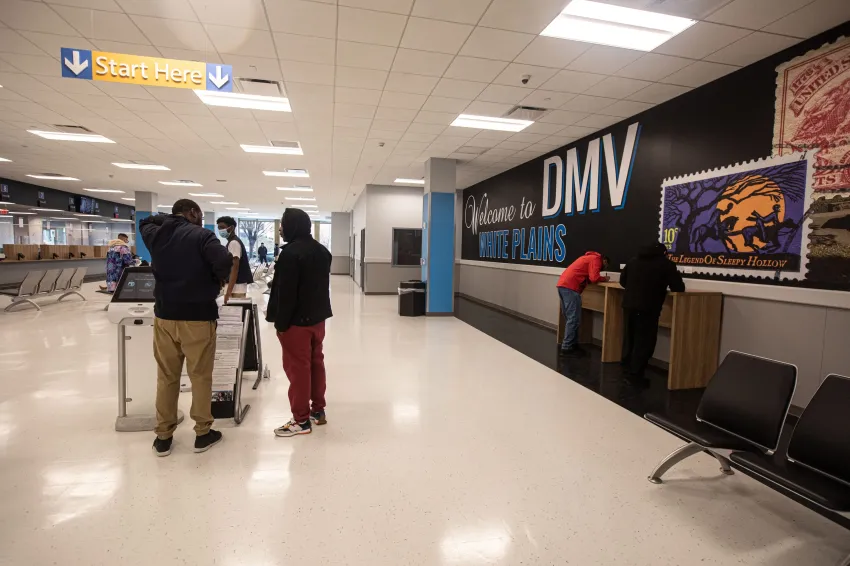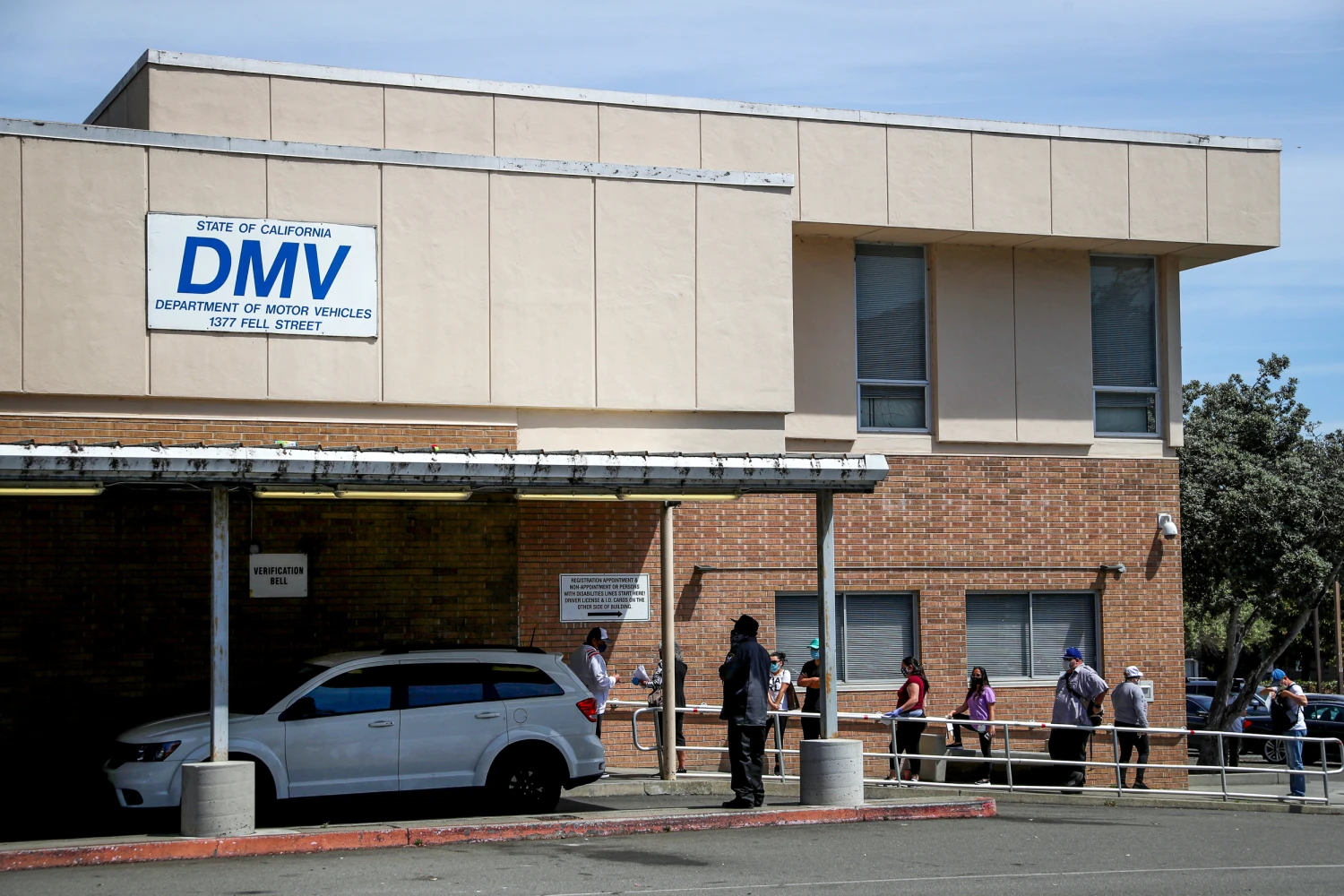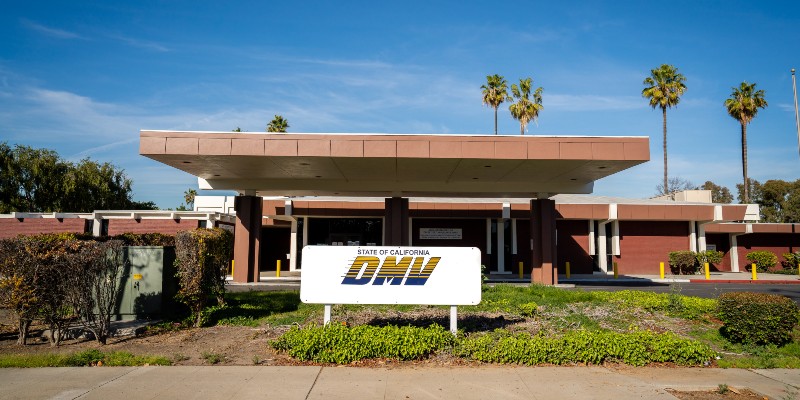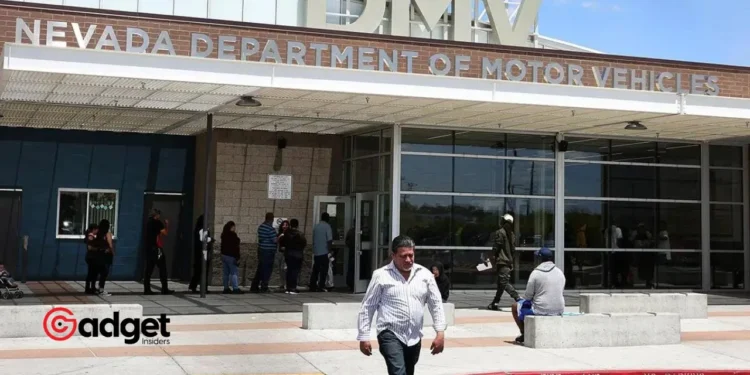On an otherwise ordinary Thursday, citizens across the United States found themselves entangled in an unexpected bureaucratic halt. A crucial system outage disrupted operations at Department of Motor Vehicles (DMV) offices nationwide, tracing its roots to what was described as a “national outage” due to “a loss in cloud connectivity.”
The interruption in service lasted from the morning hours of 9:50 a.m. until the early afternoon at 12:30 p.m. EDT, casting a shadow over the efficiency of cloud-based services that underpin critical government operations.
Unpacking the Outage: What Went Wrong?
The American Association of Motor Vehicle Administrators (AAMVA), the pivotal force behind the software that powers DMV offices, shed light on the predicament.
The network that interlinks motor vehicle agencies across the United States, including their connection to various verification services, succumbing to an outage due to cloud connectivity issues.
This disruption had far-reaching implications, stalling the processing of essential transactions related to driver licenses and motor vehicle titles.

As state officials and the AAMVA scrambled to address the outage, the focus intensified on restoring connectivity and ensuring that such an incident does not recur.
The AAMVA’s commitment to rectifying the situation was evident as they collaborated with cloud providers to pinpoint the outage’s root cause. By 2 p.m. EDT, a semblance of normalcy began to return, with connectivity restored in nearly all affected states.
DMV Outage: The Ripple Effect Across States
The outage’s impact was immediate and widespread, affecting DMV operations in states from Illinois to Colorado and beyond. Illinois Secretary of State Alexi Giannoulias confirmed that the issue was not localized but was a nationwide predicament.
In Colorado, the Division of Motor Vehicles urged individuals to reschedule appointments, attributing the inconvenience to the AAMVA’s connectivity troubles.

Despite the connectivity issues halting driver’s licenses and vehicle title services, some DMV functionalities, such as knowledge and permit tests, remained operational. This silver lining highlighted the segmented nature of DMV services and their varying dependencies on cloud connectivity.
Navigating the Aftermath and Looking Ahead
As DMVs across the country gradually resumed operations, the incident served as a potent reminder of our growing reliance on digital infrastructure. Virginia’s DMV, which saw a return to normalcy just before 1 p.m., exemplified the resilience and rapid response expected in such situations.
Yet, the outage leaves behind critical questions about the vulnerabilities in our national digital infrastructure and the measures in place to safeguard against future disruptions.
BREAKING: A technical outage has knocked out DMV services for people in Massachusetts and nationwide. https://t.co/GJqr426T3T pic.twitter.com/F7JqZEHDZB
— Boston 25 News (@boston25) March 21, 2024
The AAMVA’s headquarters in Arlington, Virginia, now bears the responsibility of conducting a thorough investigation into the cause of the outage.
The goal is clear: to unravel the complexities behind the failure and implement strategies that bolster the resilience of cloud connectivity, ensuring that DMV services remain uninterrupted in the face of technological adversities.

A Wake-Up Call for Digital Infrastructure Resilience
Thursday’s outage was more than a temporary inconvenience; it was a stark illustration of the intricacies and vulnerabilities inherent in our digital age.
As the AAMVA and DMVs nationwide reflect on this incident, the path forward must include a critical evaluation of current systems, an unwavering commitment to technological improvements, and a readiness to confront the challenges of our increasingly digital world head-on.










